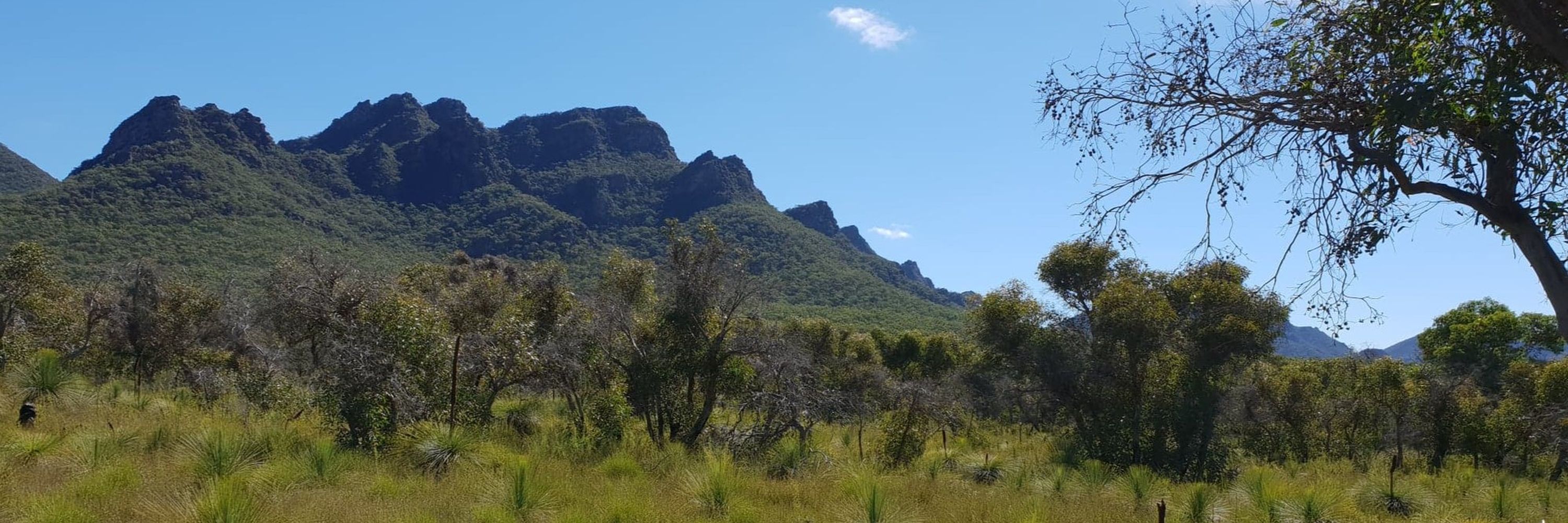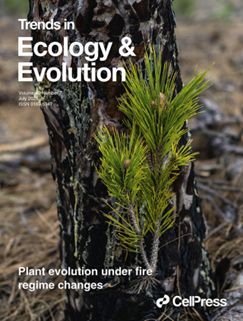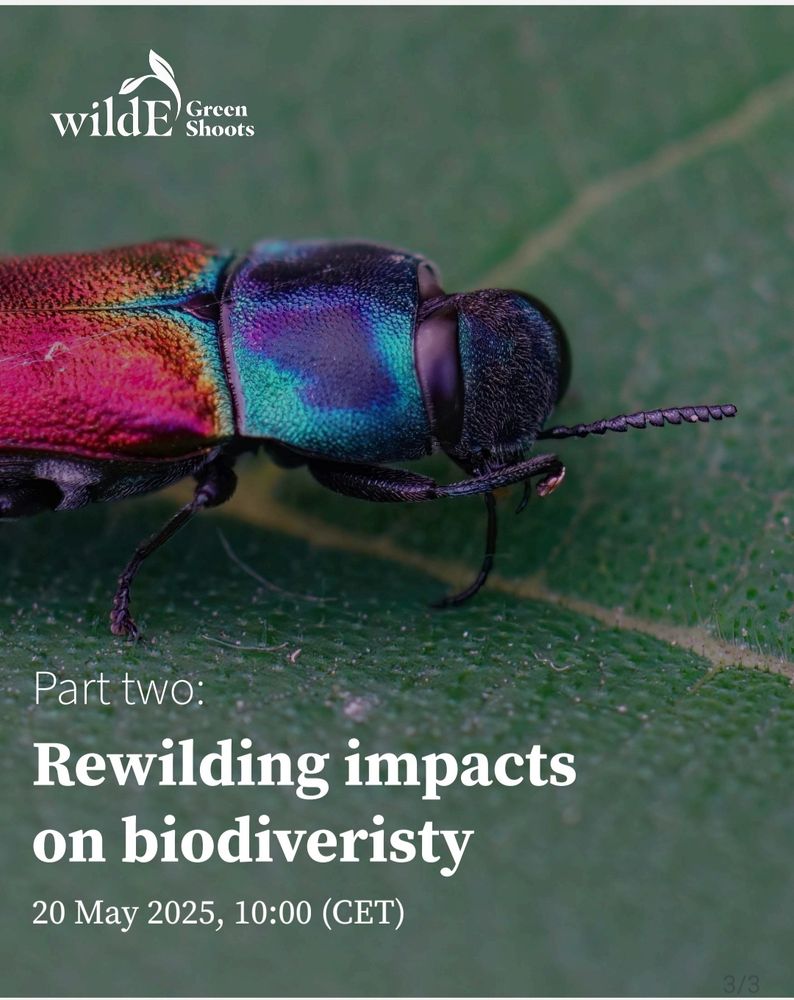Ella Plumanns Pouton
@ellapouton.bsky.social
540 followers
560 following
24 posts
Postdoc at CREAF, interested in plants, fire, and finding good ways to look after the earth and its creatures.
Posts
Media
Videos
Starter Packs
Reposted by Ella Plumanns Pouton
Reposted by Ella Plumanns Pouton
Reposted by Ella Plumanns Pouton
Reposted by Ella Plumanns Pouton
Reposted by Ella Plumanns Pouton
Reposted by Ella Plumanns Pouton
Tim Curran
@timcurran.bsky.social
· Feb 9

Grampians National Park is still burning – here’s what we can expect will survive and recover
Much of the Grampians National Park (Gariwerd) has already burned this summer – and the fire is not out yet. What does this mean for the animals that live there?
theconversation.com
















